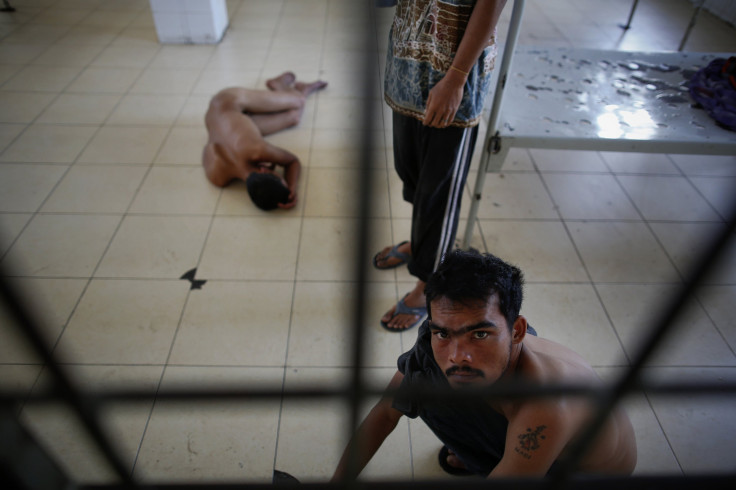Mental Health Week: Remembering our forgotten children

Mental illness is one of the chief public health issues in Australia, with about one in five adults being affected by some form of mental disorder each year.
While the stigma towards sufferers of chronic mental illness is declining, the impact of these disorders have not lessened. Aboriginal and Torres Strait Islander youths have a suicide rate five times higher than that of the general population, while rural Australians are 66 percent more likely to commit suicide than those living in urban areas.
Some of the reasons attributed for these statistics include a low socioeconomic background, homelessness, unemployment, isolation as well as years of drought - issues that can affect the mental health of many.
Australia marked this year's Mental Health Week from Oct 4 to Oct 10. The Mental Health Week aims to educate and engage Victorians about mental health through a week of interactive events across the state, including community festivals, art exhibitions, music, theatre as well as seminars.
The National Mental Health Week’s primary purpose is to “promote social and emotional wellbeing to the community, encouraging people to maximise their health potential”. In 2014, Australian Human Rights Commission’s controversial report, “The Forgotten Children”, revealed that there were too many people whose circumstances triggered mental illness and that they lacked, or are still lacking, proper recovery support networks.
The Australian Human Rights Commission’s report was based on an inquiry about children in detention, and it painted a horrific picture of the consequences for children who were being detained. Rather than consider its findings and delve deep into the matter, Tony Abbott’s government responded with character assassination and asked the commission’s president, Gillian Triggs, to resign.
Allan Fels, Mental Health Commissioner of Australia, addressed the National Press Club in August, urging for major reforms to the nation’s mental health system. In the speech, he called upon “political leaders to continue to look beyond health costs to the full burden of mental illness in our society and to give mental health the priority it needs.” He also discussed complex policy issues such as primary care, early intervention of the problems and suicide prevention strategies.
Contact the writer at feedback@ibtimes.com.au, or let us know what you think below.





















